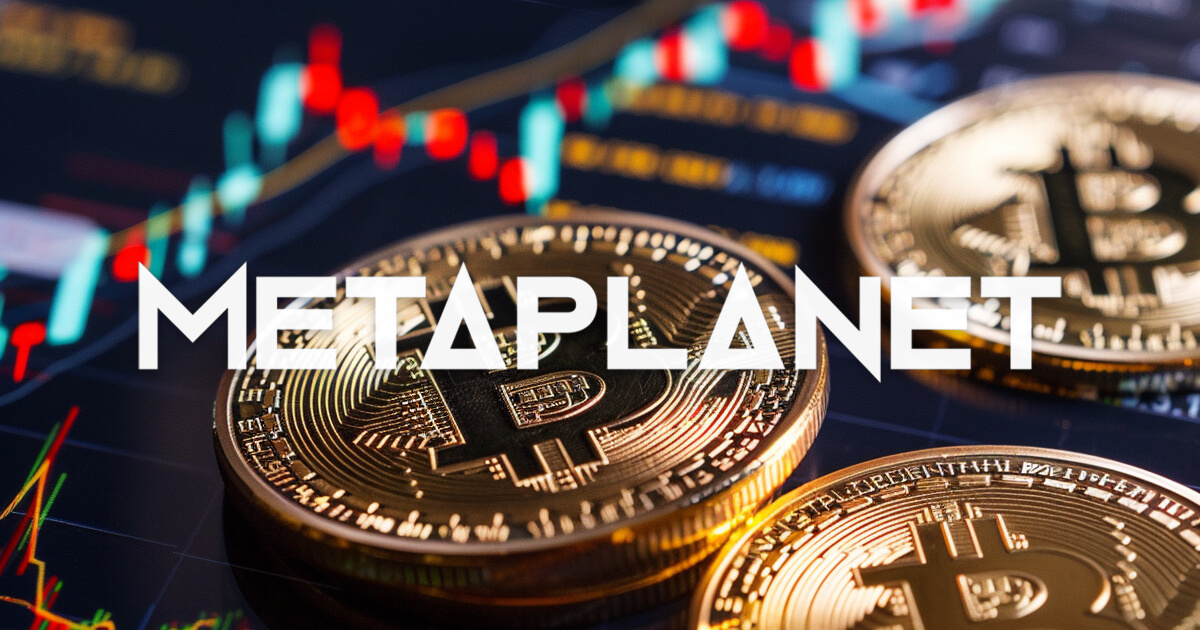Global economic data released today shows slowing growth across major economies, potentially impacting crypto markets and building the longer-term case for Bitcoin. Purchasing Managers’ Index (PMI) figures from Australia, Japan, and the Eurozone indicate contractions or weakened expansions in both manufacturing and services sectors.
Global economic slowdown highlights the long-term case for Bitcoin
As economies grapple with slowing growth and central banks consider accommodative monetary policies, fiat currencies may face devaluation risks.
High inflation rates in countries such as Turkey, where annual inflation has reached 49.38%, further erode confidence in conventional monetary systems. From a Bitcoin advocate’s perspective, these developments highlight the appeal of Bitcoin as a decentralized store of value that is insulated from government-induced inflation and monetary policy shifts.
Moreover, the persistent economic uncertainties and divergent policy responses could lead investors to seek refuge in assets not correlated with traditional markets.
Bitcoin’s fixed supply and decentralized governance model offer an alternative to fiat currencies that are susceptible to long-term inflationary pressures and political influence.
As global trade tensions and supply chain disruptions continue to affect economic stability, Bitcoin provides a reliable, borderless financial tool.
Advocates argue that integrating Bitcoin into the global financial system could mitigate systemic risks, promote financial inclusion, and offer a hedge against macroeconomic instability.
Latest global economic data release paints a concerning picture
Data from the Trading Economics financial calendar today revealed Australia’s Judo Bank Composite PMI fell below the 50 threshold to 49.6, signaling contraction, while the Services PMI dropped to 50.5.
The trade surplus remained steady at A$5.644 billion, but both exports and imports declined by 0.2%. This stagnation may reflect weakened global demand, potentially influencing commodity prices and, consequently, the value of commodity-backed tokens.
Japan’s Jibun Bank Composite PMI decreased to 52.0, with the Services PMI at 53.1, suggesting a deceleration in growth. Reduced consumer spending and business activity could affect investor sentiment in digital assets as Japan looks to play a significant role in crypto adoption and regulation.
In the Eurozone, Germany’s HCOB Composite PMI remained in contraction at 47.5, and France’s Composite PMI declined to 48.6.
Spain showed resilience with a Composite PMI of 56.3, indicating robust expansion. The overall Eurozone Composite PMI stood at 49.6. Negative Producer Price Index (PPI) year-over-year figures in the Eurozone, at -2.3%, suggest deflationary pressures that may influence European Central Bank policy decisions.
Adjustments in monetary policy could affect the euro’s exchange rate, impacting crypto trading pairs involving EUR.
Turkey’s inflation rate remains elevated at 49.38% year-over-year, with a monthly increase of 2.97%.
Persistent inflation may erode purchasing power, leading investors to consider cryptocurrencies as a hedge against currency devaluation. High inflation environments have historically driven interest in Bitcoin and other digital assets due to their decentralized nature and limited supply.
South Africa’s S&P Global PMI improved slightly to 51.0, indicating modest expansion.
Economic stability in emerging markets may affect investor confidence in regional crypto initiatives and blockchain projects. Increased adoption in these regions could contribute to the global growth of DeFi platforms.
Russia’s S&P Global Composite PMI dropped below 50 to 49.4, suggesting a contraction in business activity.
Ongoing geopolitical tensions and economic sanctions may exacerbate economic challenges, potentially influencing global energy markets. Given that Russia is an increasing player in crypto mining due to its energy resources, disruptions could impact mining operations and the broader crypto ecosystem.
The United Kingdom’s S&P Global Composite PMI decreased to 52.6, reflecting slower growth. The Bank of England’s policy responses to these trends could impact the pound’s value, affecting crypto trading pairs involving GBP.
Monetary policy adjustments may also influence institutional investment strategies related to digital assets as investors seek diversification amid economic uncertainties.
Impact on the broader crypto market
Fluctuations in global economic performance may lead to increased volatility in crypto markets in the shorter term. Investors might adjust their portfolios in response to central bank policies and economic indicators, affecting liquidity and trading volumes.
As traditional markets exhibit signs of instability, cryptocurrencies can either serve as alternative investment vehicles or face correlated declines due to broader risk-off sentiments.
Per the latest data, market participants should monitor future economic developments closely, as shifts in global conditions may have increasing short-term effects on crypto markets.
The interplay between macroeconomic factors and digital asset markets spotlights the importance of staying informed in a tentatively balanced financial landscape.
